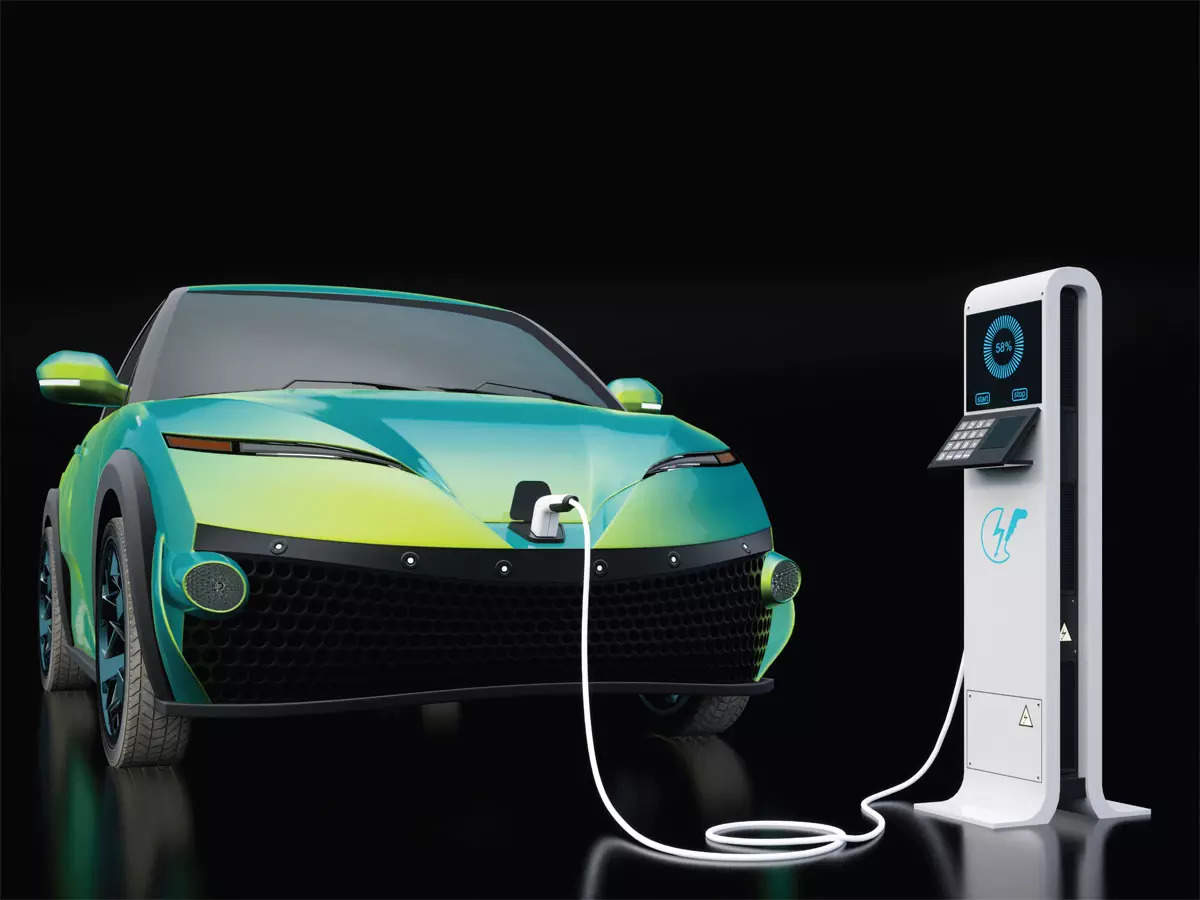Top Reasons to Choose Electric Cars Besides Rising Petrol And Diesel Prices
Introduction
Electric cars are gaining popularity as a viable mode of transportation due to their numerous benefits. With the increasing prices of petrol and diesel, many vehicle owners are considering the switch to electric cars. In this article, we will explore the top reasons why electric cars are a great choice in addition to saving money on fuel costs.
What are Electric Cars?
Electric cars, also known as electric vehicles (EVs), are four-wheel vehicles that run on electricity generated from renewable sources. Unlike traditional cars that rely on fossil fuels, electric cars use electric motors and have fewer moving parts, resulting in lower maintenance costs. These vehicles are considered environmentally friendly as they produce zero emissions during operation.
Benefits of Electric Cars
- Cost Savings: Electric vehicles are more economical and cost-effective compared to gasoline-powered cars. They run on electricity generated from renewable sources, which is generally cheaper than petrol and diesel. Over time, electric cars have a lower total cost of ownership and are more efficient in the long run.
- Reduced Carbon Emissions: Electric cars play a significant role in reducing carbon emissions and combating climate change. They produce less global warming pollution compared to conventional vehicles. Moreover, electric cars powered by renewable energy sources produce zero emissions, making them even more environmentally friendly.
- Superior Driving Experience: Electric cars offer smooth and responsive acceleration, providing a pleasurable driving experience. The low center of gravity in these vehicles enhances handling and driving comfort. Electric cars also have instant torque, resulting in quick acceleration and a smooth ride.
- Lower Maintenance: Electric cars have fewer moving parts compared to internal combustion engine vehicles, leading to reduced maintenance requirements. There is no need for oil changes or regular servicing of components like spark plugs and belts. The batteries in electric cars often come with an extended warranty, further reducing maintenance costs.
- Government Incentives: Governments around the world are encouraging the adoption of electric cars by offering various incentives. These incentives include subsidies on the purchase price of electric vehicles, waivers on registration fees, and exemptions on road tax payments. Additionally, governments are investing in the development of charging infrastructure to support electric car owners.
- Noise Reduction: Electric vehicles produce minimal noise compared to traditional cars. This reduction in noise pollution has a positive impact on the environment and improves the overall driving experience. It also contributes to a quieter and more peaceful urban environment.
The Rise of Electric Cars
Electric cars have come a long way in terms of performance, range, and charging infrastructure. Initially, electric vehicles faced challenges such as high costs, limited range, and a lack of charging stations. However, with advancements in technology and infrastructure development, these limitations have been overcome.
Today, electric cars are becoming increasingly popular, with more manufacturers introducing electric models to their lineup. The range of electric vehicles has improved significantly, allowing for longer distances to be covered on a single charge. Charging infrastructure is expanding rapidly, with more public charging stations and home charging options available.
Charging Electric Cars
Charging an electric car is a straightforward process. Electric car owners can charge their vehicles at home using a dedicated charging station or a regular electrical outlet. Public charging stations are also available in various locations, making it convenient for electric car owners to recharge their vehicles on the go.
There are different types of electric vehicle charging, categorized into three levels:
- Level 1 Charging: This is the slowest form of charging and involves plugging the vehicle into a standard electrical outlet. Level 1 charging provides around 2-5 miles of range per hour of charging.
- Level 2 Charging: Level 2 charging requires a dedicated charging station and provides a faster charging rate compared to Level 1. It can add around 10-20 miles of range per hour, depending on the vehicle and charging station.
- DC Fast Charging: DC fast charging, also known as Level 3 charging, is the fastest charging option available. It can provide an 80% charge in as little as 30 minutes, making it ideal for long-distance travel and quick top-ups.
Range Anxiety and Overcoming It
Range anxiety, the fear of running out of battery power, has been a concern for potential electric car buyers. However, advancements in battery technology and the expansion of charging infrastructure have significantly reduced range anxiety.
Modern electric cars have longer ranges, with some models capable of traveling over 200 miles on a single charge. Additionally, the widespread availability of charging stations, both at public locations and in residential areas, provides peace of mind for electric car owners.
Environmental Impact of Electric Cars
Electric cars have a positive environmental impact due to their zero tailpipe emissions. By reducing the reliance on fossil fuels, electric cars help to decrease air pollution and mitigate climate change. The use of renewable energy sources to charge electric vehicles further enhances their environmental benefits.
According to a study by the Union of Concerned Scientists, electric cars produce less than half the emissions of comparable gasoline-powered vehicles over their lifetime, even when accounting for emissions from battery production.
Future of Electric Cars
The future of electric cars looks promising as more countries and manufacturers commit to phasing out internal combustion engines. Many countries have announced plans to ban the sale of new gasoline and diesel cars in the coming years, further driving the adoption of electric vehicles.
Advancements in battery technology, charging infrastructure, and affordability are expected to continue, making electric cars even more accessible to the masses. The development of fast-charging technologies and increased battery capacity will address concerns about range and charging time, making electric cars more convenient and practical for everyday use.
Conclusion
Electric cars offer numerous benefits, making them an attractive option for environmentally conscious consumers. The cost savings, reduced carbon emissions, superior driving experience, and government incentives make electric cars a compelling choice in addition to rising petrol and diesel prices.
As the industry continues to evolve, the future of electric cars looks promising. With advancements in technology and infrastructure, electric vehicles are becoming more accessible, practical, and sustainable. By choosing electric cars, we can contribute to a cleaner and greener future for generations to come.




